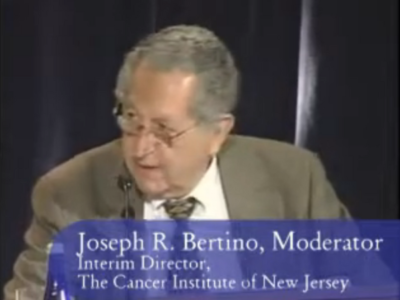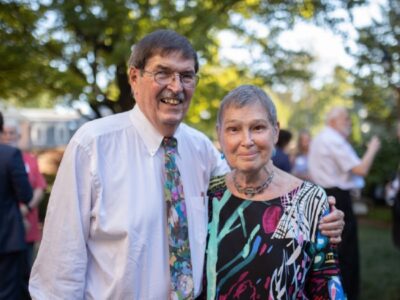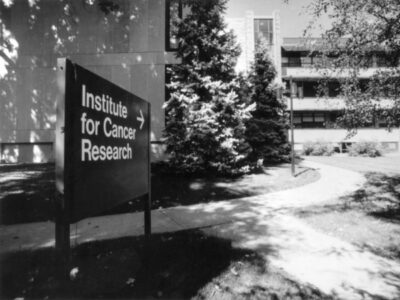2022 was the year to try to return to normal—or at least an approximation thereof.
The Cancer History Project preserves legacies, stories, and transcripts.
Monica Bertagnolli, the 16th director of the National Cancer Institute, announced that she will be undergoing treatment for early-stage breast cancer.
Rutgers Cancer Institute of New Jersey opened its doors in 1993 as the result of a P20 planning grant, and in 1997 became the first NCI-designated cancer center in New Jersey.
Dr. Jo Anne L. Earp, 79, professor emerita and past chair in the Department of Health Behavior at the UNC Gillings School of Global Public Health, passed away in the early hours of Nov. 18 at UNC Hospitals in Chapel Hill, NC.
Can you name the first NCI-designated cancer centers? The answer to this question is anything but straightforward—in part because the contenders predate NCI’s definition of a “cancer center”.
The American Cancer Society’s Great American Smokeout has been held the third Thursday of November annually since 1976. At the first official Great American Smokeout on Nov. 18, 1976, the California Division of ACS successfully helped nearly 1 million people quit smoking for one day.
Shortly after Craig Jordan finished his PhD in the 1970s, he was invited by Michael Harper to work at the Worcester Foundation, the “home of the oral contraceptive.”
This week’s spotlight contributor, Rutgers Cancer Institute of New Jersey, is highlighting cancer genomics, breast cancer research, pancreatic cancer research, and the New York Giants.
For Tobacco Awareness Month this November, the Cancer History Project is working with University of Alabama’s Center for the Study of Tobacco and Society to highlight tobacco’s past in oncology’s history—from pharmaceutical advertisements, to World War II propaganda, and depictions of tobacco in cartoons.















